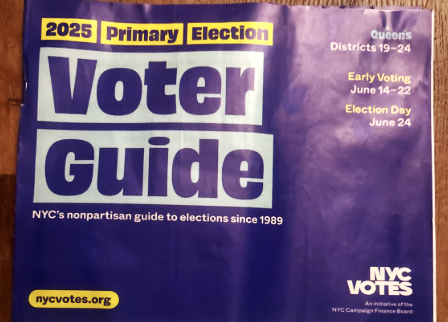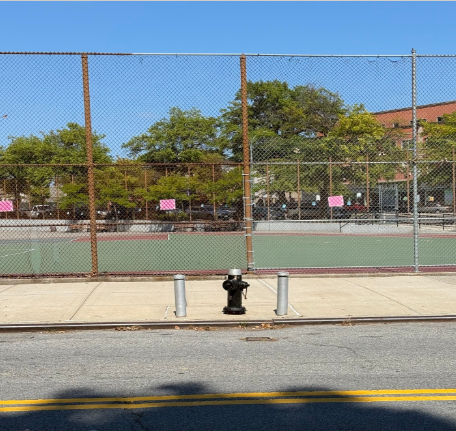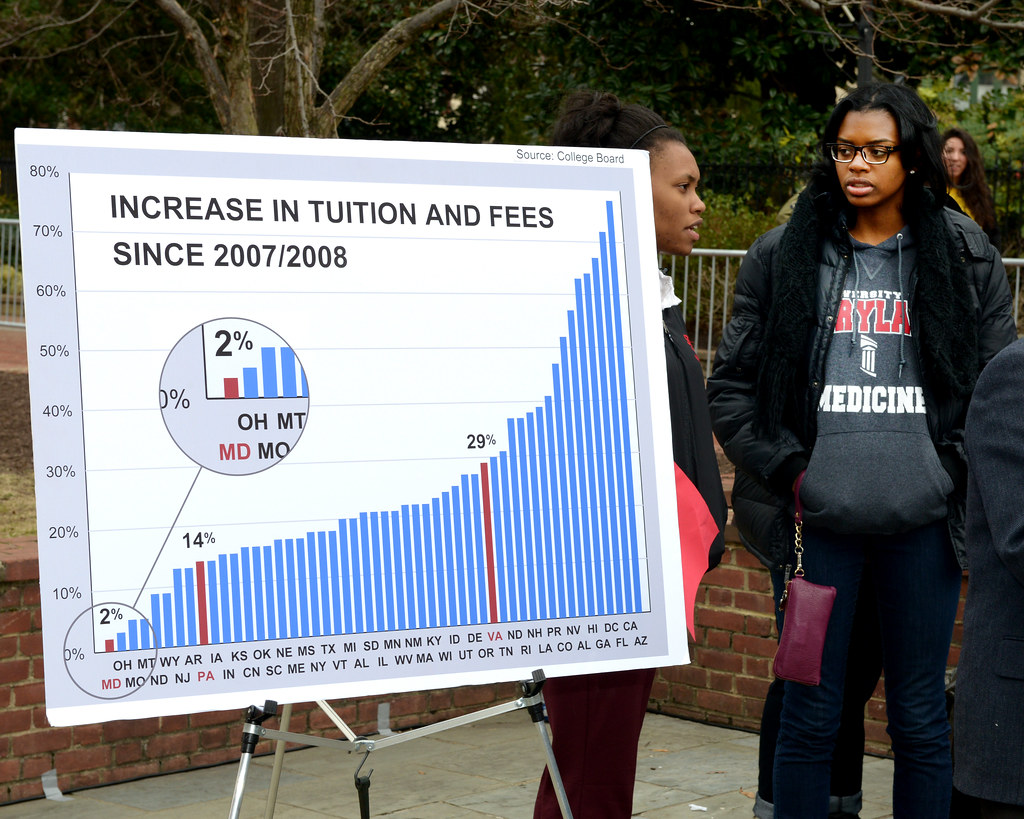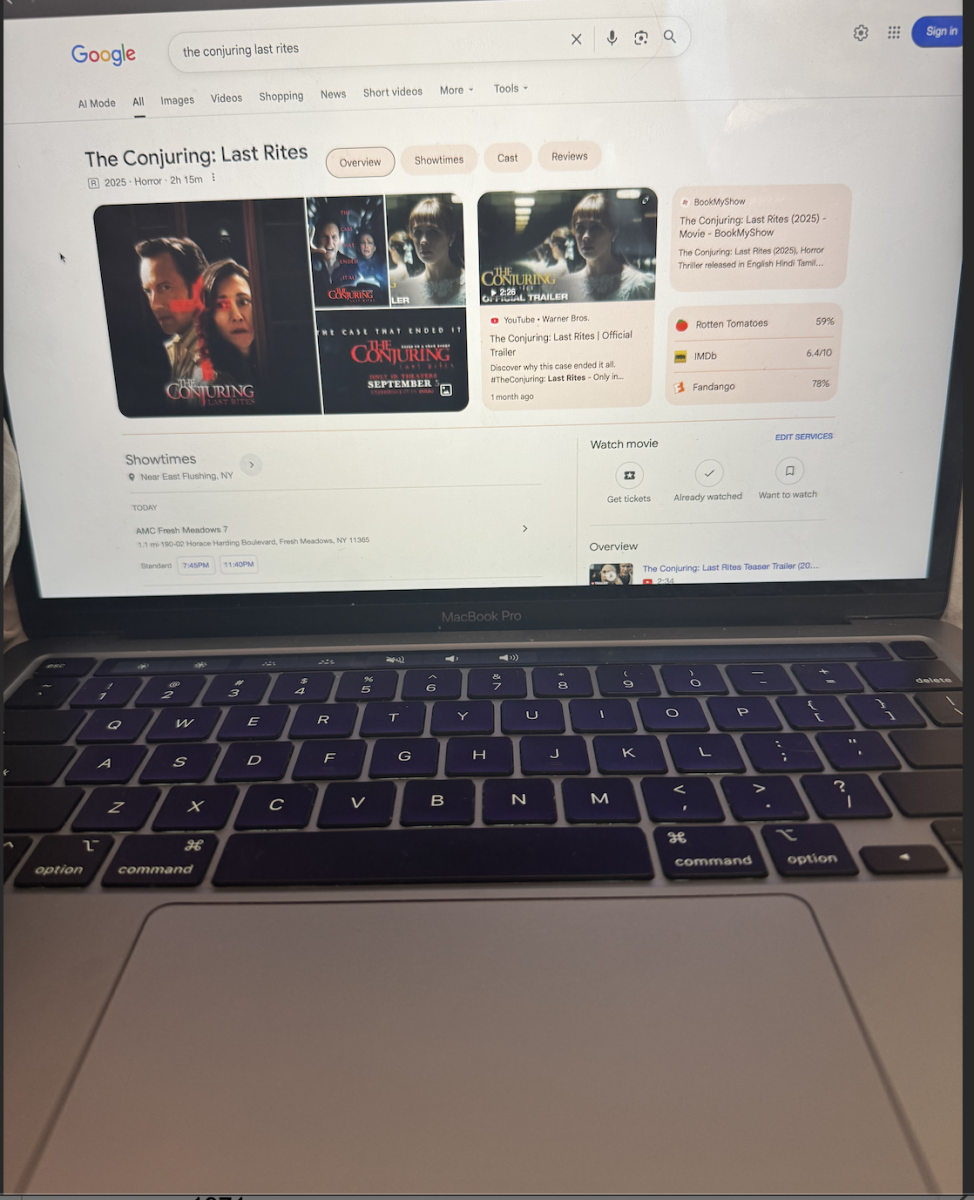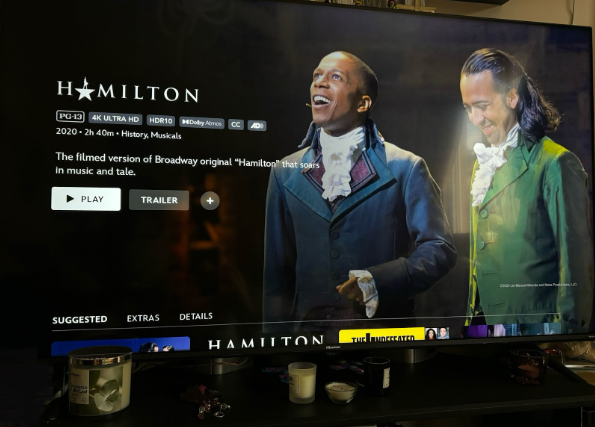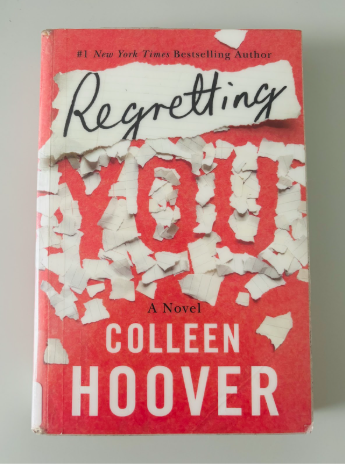by Colleen Fox, entertainment editor
Advertisements can potentially be great for companies. They’re seen by millions of people everyday when walking through the street or flipping through television channels. However, on the flip side, they can cause a hassle for their viewers.
Popularity versus viewer preference tends to be a major question for industries, which one is more important when it comes to getting their company in the public eye.
A small local business might depend on the local newspaper or word of mouth to get people into their shop. However, when a major news program shows that business striving, the result is beneficial. This is seen in the case of a small butcher shop, Empire Market, located in College Point.
“More people have been coming into the store,” owner John Lepine said. “Whether it’s people who decided to travel from Flushing into College Point, or even native College Pointer’s who just walked past and never decided to walk in.”
Advertising also creates the idea of supply and demand. The more that a company advertises a product, the more people tend to want it, leading to price increases.
Yongjoon Paek, a master of economics student at UOM explores this theory in an article about advertising being good or bad. “However, Kaldor also claims that if advertising builds brand loyalty it may lead to higher prices (i.e. if advertising buys the firm some sort of monopoly power).”
Which leads advertising not being the best thing for the consumer. Although popularity is good, middle class consumers will not appreciate when prices go up. Also, some may be indifferent about commercials because they know that they cannot afford it, and would rather buy a supplemental brand.
Maria Apostolidis, a senior, believes that the appeal for toys and other objects advertised were more from a little kid, and although she is not bothered by television commercials today, “…when there is so many television commercials, it gets annoying. Watching Game of Thrones is so nice without commercials.”
And many more agree. Commercials tend to be a hassle, or only good for a bathroom break.
“Commercials get annoying. Especially when it’s a suspenseful moment on my favorite show, and they stick a commercial to keep you watching, it gets annoying,” sophomore Ysbel Hernandez said.
A city in Brazil played around with the idea of having no advertisements and it’s overall effect on both companies and consumers. Rather than the expected downfall of businesses in the area, it created a major reevaluation.
“Companies had to find their own ways to promote products and brands on the streets,” co-founder of a new ad agency Remix, Lalai Luna told the Financial Times.
Whatever way a business decides to get their name out there, advertising can have both positive and negative effects on businesses. It’s an art and something that has been in history throughout modern time; it’s not exactly an easy thing to leave behind.




